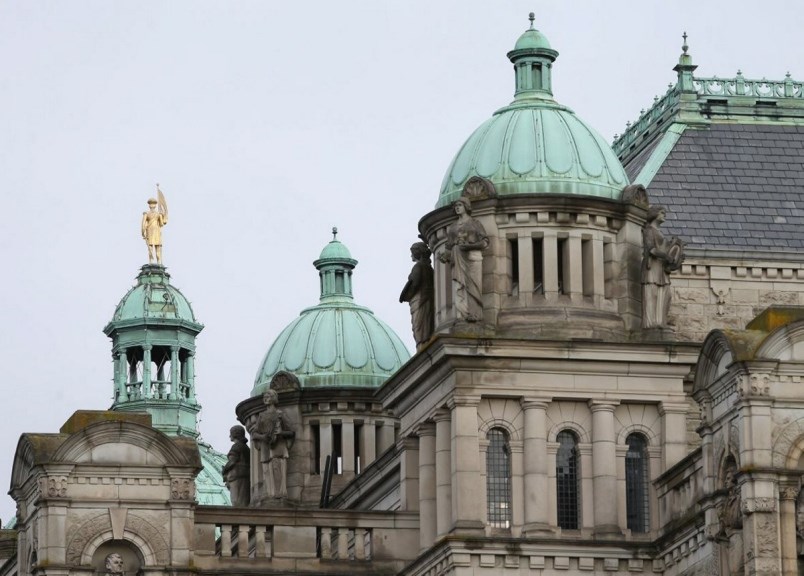Polling shows the incumbent New Democrats cruising to another majority, yet we all know a lot can happen between now and October—including nudging the government out of its comfort zone.
While Premier David Eby and his party may well be in a safe place at around 43 per cent support, versus a tie at around 22 per cent for the BC United and BC Conservatives parties, findings from the Angus Reid Institute also suggest the BC NDP shouldn’t get too relaxed.
What’s most telling is that the majority of those polled by the institute find the government is doing a poor job on the issues that matter most—like the cost of living, health care and housing affordability.
Of those questioned, 51 per cent said it was time for a change in government. And it’s no surprise British Columbians want change.
Rents in B.C. are the highest in Canada. Nearly a million people, or one in five in this province, don’t have a family doctor. The B.C. government is also projecting a massive, record-high deficit of $7.9 billion over the next fiscal year. Servicing that debt is likely to cost each British Columbian $977 by 2026-27.
What many British Columbians may not realize, is that it’s not only debt interest costs that are wasting precious public tax dollars.
In 2018, the NDP government, with little consultation from the construction industry, put a regressive labour policy in place. This arcane arrangement prevents many highly qualified local companies from bidding on key public infrastructure projects because their workers are not members of the province’s building trades unions.
Since these unions only represent about 15 per cent of the province’s construction workforce, roughly 85 per cent of B.C. construction workers can’t build projects—from the George Massey Tunnel Replacement to the widening of the Trans-Canada Highway—unless they join the unions. So much for worker choice.
Imagine, shutting out thousands of workers at the height of a labour shortage because they aren’t carrying the “right” union card. This dated, shortsighted labour policy is not only unfair to workers and companies, but also costly and insulting to taxpayers.
For example, construction of the new Cowichan District Hospital—which falls under this restrictive labour agreement—has seen costs needlessly rise from original estimates of $887 million to $1.44 billion. Beside the massive $559 million cost overrun, Cowichan Tribes workers were initially barred from building the project on their own lands, because they aren’t members of the government’s favoured unions.
Granting a select union a monopoly on critical taxpayer-funded projects has undermined competition, resulting in fewer bids. This has made public construction work tens of millions of dollars more expensive in B.C. This is funding that could have been used to reduce taxes, improve services for more families, hire more police officers to keep our streets safer, build more hospitals to treat our cancer patients here—rather than in the U.S.—or even pay down part of B.C.’s deficit.
While changing a regressive labour policy is likely not top of mind for most British Columbians, it’s an issue that impacts everyone just the same. When B.C.’s NDP government chooses to play favourites and cater to a small, select group of friends—at everyone else’s expense—it’s too egregious and hypocritical to let slide.
With the provincial election still months away, there’s plenty of time for this government to rethink policies that aren’t in the best interests of the vast majority of B.C. voters. And if the NDP government won’t change course, then those 51 per cent of British Columbians who want change should do it for them. •
Dan Baxter is the regional director, B.C., of the Progressive Contractors Association of Canada.




